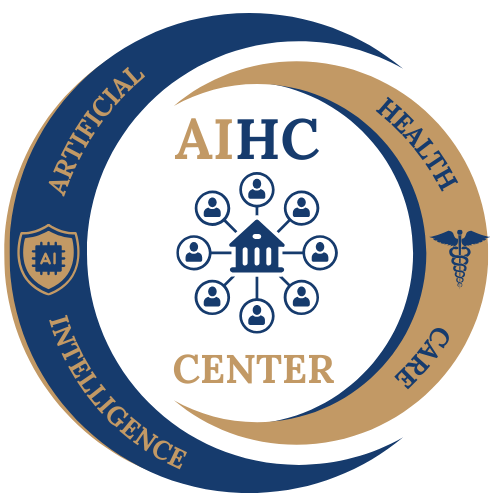Revolutionizing Healthcare with Artificial Intelligence
Impact of Artificial Intelligence in HealthCare
AI applications in medical imaging, predictive analytics, and personalized medicine enable more precise and timely diagnoses, reducing the risk of errors. By automating routine tasks, AI frees healthcare professionals to focus on patient care, thereby increasing efficiency and reducing burnout. Moreover, AI-driven insights facilitate personalized treatment plans, leading to better patient satisfaction and outcomes.
As AI continues to evolve, its integration into healthcare promises to revolutionize the delivery of medical services, making it a compelling area for further exploration and investment.
Recent Posts

Regulatory Bodies and Standards Organization

What clinicians should know about AI in radiology?

Radiologists will not be replaced by the AI

AI for Radiologists

Hospital to consider implementing radiology solutions
Top Categories
Popular Courses
Explore the transformative world of Artificial Intelligence with our introductory courses designed specifically for healthcare professionals.
Learn how AI can enhance diagnostic accuracy, streamline healthcare operations, and improve patient outcomes. Whether you’re a clinician, administrator, or researcher, our courses will empower you to understand and implement AI solutions, enabling you to stay at the forefront of healthcare innovation.




